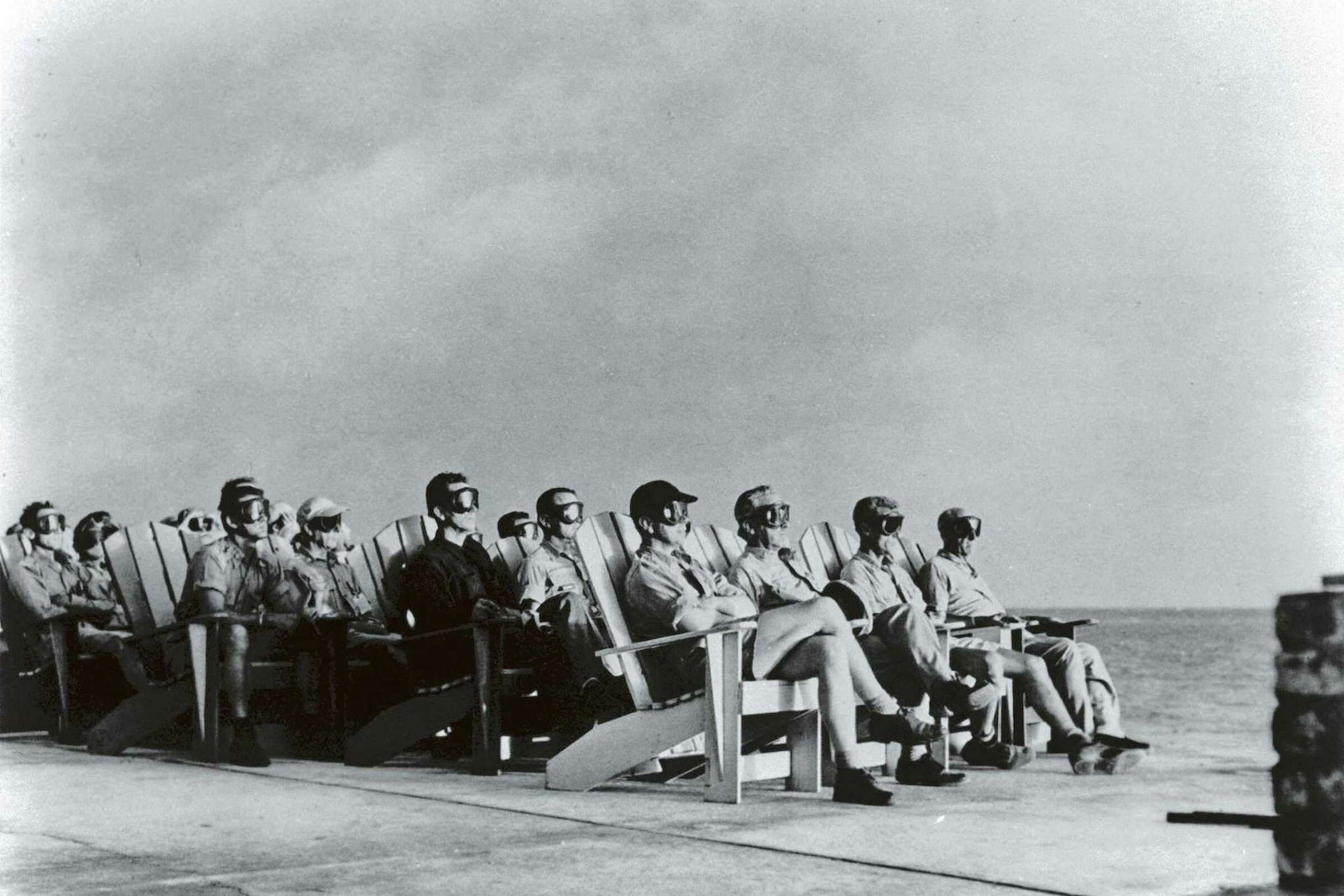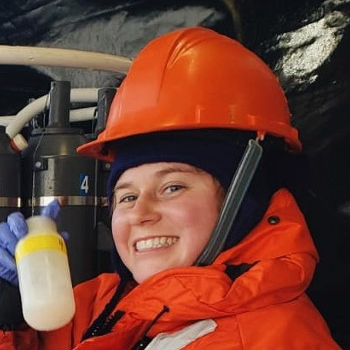
Science Shouldn’t be Held Hostage because of Putin’s War
Climate change. The pandemic. Food security. Pressing global challenges affect the whole world, with little regard for borders or national interests. Science collaborations are essential to tackle these global problems. However, the Biden administration has limited bilateral science and technology research cooperation with Russian scientists in response to that country’s unprovoked invasion of Ukraine.
These restrictions on scientific cooperation deserve review. Global problems require the involvement of the full scientific community, including Russian scientists. The United States should scale back its Russian scientific boycott in critical areas including climate change and global disease research. A targeted reopening of scientific collaborations will give the world the best chance of solving global problems and provide a diplomatic channel to communicate with Russia.
There is precedent for keeping scientific channels open during times of war. Even at the height of the Cold War, scientists on both sides found ways to work together. These scientific collaborations and interactions set the stage for official government-to-government cooperation that followed. Opponents of scientific boycotts argue that they are counterproductive, hurt science by restricting the exchange of knowledge, and punish individuals who are often critics of their own government’s action. Practically speaking, severing scientific ties will not change Vladimir Putin’s calculations about whether to continue with the war.
Many of the halted scientific collaborations go far beyond the scope of geopolitics. The United States should continue critical scientific collaborations like climate change research in the Arctic, on the International Space Station, and in large physics facilities like the CERN particle physics lab. By prioritizing the most important areas for collaboration, scientific research that helps the entire world will continue.
Many Russian scientists do not support the war. They have strong ties to the United States with decades-long collaborations. Without grant funding and support, their influence and power are limited and likely to be silenced. A more targeted and specific boycott would remove the perception of ideological stereotyping and indiscriminate persecution due to nationality. Science should not suffer because of the decisions of Vladimir Putin—a man with little to no respect for science and scientists.
International cooperation in research can also be a powerful instrument of soft power diplomacy for keeping open channels of communication. Scientific channels with Russia provide a mechanism to communicate with Russia in a low-stakes arena to ease tensions. Science can be a strong foundation for improved diplomatic relations and shared understanding. Now—more than ever—is the time to use science as a tool for diplomacy.
Critics may say that this policy change rewards Russia. However, the continuation of coordinated economic sanctions will do much more damage than a scientific boycott could ever hope to achieve. A policy change is no rebuke of Ukraine—the United States remains supportive of Ukraine and should continue to provide defensive weapons, humanitarian aid, and strategic information to support the Ukrainian people in the face of this unjust war. In addition, open scientific channels may provide a mechanism to encourage Russia to avoid nuclear war.
Science is critical to solving global crises and building bridges among nations. A targeted reopening of Russian scientific collaborations will give the world the best chance of solving current and future crises. As Louis Pasteur said, “Science knows no country, because knowledge belongs to humanity, and is the torch which illuminates the world.” In the midst of the darkness around us, let science provide the light.

